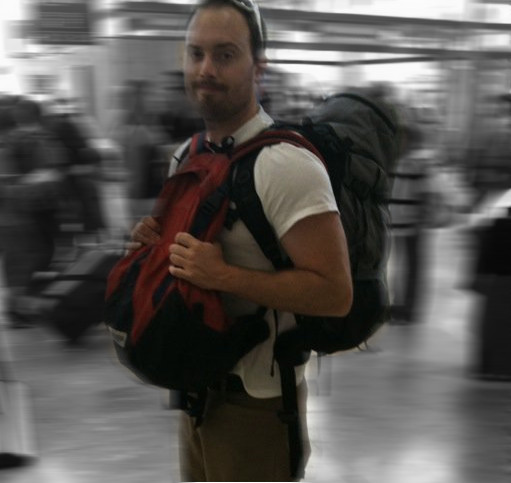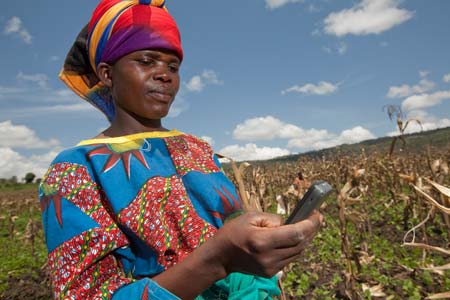Geography grad student Grant McKenzie works part time for a company called “Spatial Development International,” based in Seattle, Washington (he was formerly full time and a founding member). “SpatialDev” is a group of creative consultants supporting sustainable development through spatial technology: “We help our clients by putting maps and location-aware databases in place to make their work more efficient and effective. We hold an agnostic view of the tools we employ, letting our clients’ requirements drive technology selection. Our goal is to deliver information systems that make sense for our clients and support their effort to make a difference” (source).
According to a 2011 SpatialDev blog titled “A Web Mapping Solution for Resource-constrained NGOs,” “Non-governmental Organizations are often on the front lines of service and innovation for international development. Operating as not-for-profit entities dependent on the largess of donors, they are natural economizers and that often means they forego investments in tech tools like GIS, mobile, and web solutions. The ESRI non-profit program is going to shepherd in a significant expansion in the use of GIS in international development. The cost barrier has been removed, but it will be some time before the human capital gets to the point where it can fully exploit the new tools available. SpatialDev recently had the opportunity to collaborate with a project designed to raise awareness of land tenure issues as they relate to people living in extreme poverty. The project wanted a series of maps that helped to tell the story of how natural endowments of the land, climate, and land use provide context to the discussion if land rights.” (source).
This week, a project that they’ve been working on in conjunction with the Bill and Melinda Gates Foundation was the subject of a brief article in Wired Magazine, titled “5 Maps That Could Help Solve Some of the world’s Most Daunting Problems”: “Before households can rise out of poverty, they need access to financial tools: the basic banking, payment, credit, and insurance services that Westerners take for granted. So in January, the Gates Foundation’s Financial Services for the Poor program launched an ambitious geospatial project in Nigeria. Armed with BlackBerrys and traveling in a grid pattern, 30 surveyors undertook a three-month campaign in Nigeria to pinpoint all of the services available—from bank branches to microfinance institutions to post offices and more. They logged GPS coordinates and took photos. (The program had to rescue one surveyor from the police after he aroused suspicion at a bank.)
The resulting website gives the best picture yet of how financial services work in a developing economy. Jake Kendall, the Gates Foundation program officer who heads the project, hopes financial institutions will use the map to figure out where to open new locations. It can also guide public policy: Kendall’s team used this map to show the Nigerian central bank governor the need for mobile-based financial services, since it demonstrates that more than half of residents live outside a 3-mile radius of brick-and-mortar options. Besides Nigeria, the Gates team has already mapped Tanzania, Uganda, Kenya, and Bangladesh, with India and Indonesia coming soon” (Wired Magazine, op. cit.).




